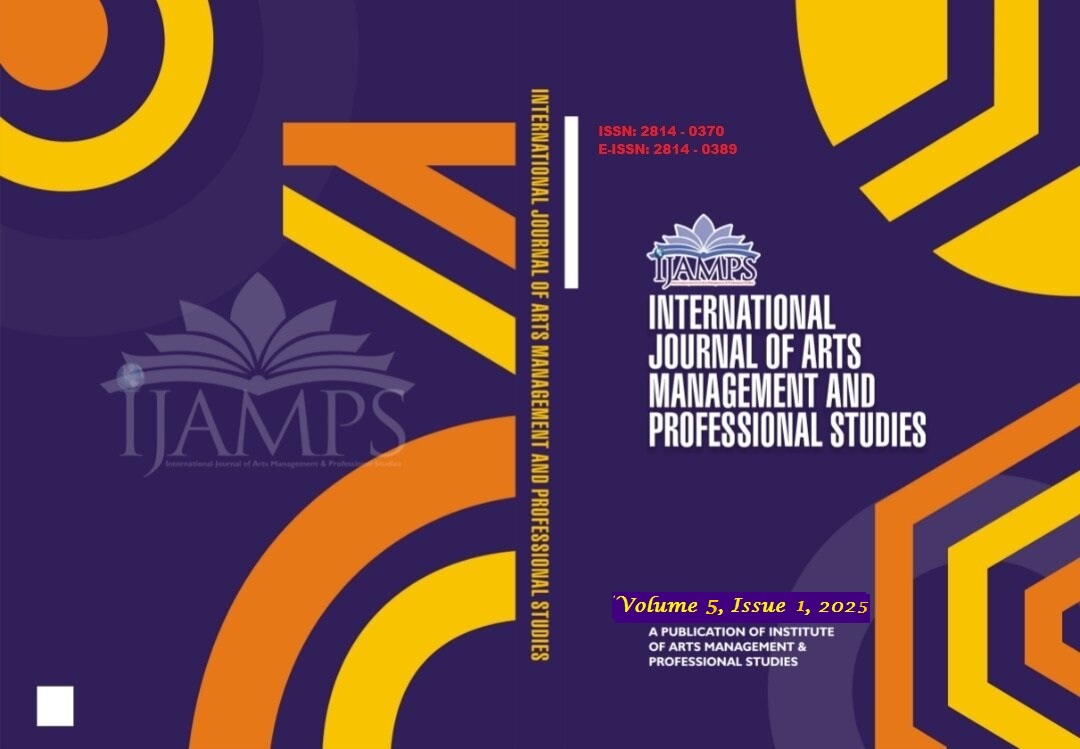
Public Sector Reform And Service Delivery: Lessons From Rwanda’s Governance Model
Dr. Bassey Moses Ogar Senior Lecturer, Department Of International Relations Institute Of Arts Management & Professional Studies, Nigeria Basseymoses2k24@gmail.com
Volume 5, Issue 1, March 2025
This study assessed the improvements or otherwise of Rwanda’s public sector reforms, with focus made on its impact on governance and service delivery in relation to Nigeria’s experience in the same sector. They described and assessed major decentralisation and e-governance initiatives and also measures taken against corruption while looking at PPMs. The decentralised service delivery that was enjoyed in Rwanda due to local government involvement was 80% and that of Nigeria was only 30%. Namely, Rwanda developed Irembo e-governance portal with the total citizen usage of 60%, while Nigeria recently introduced e-government services which are used by only 15% of the population. Furthermore, Rwandan had a relatively better improvement on the CPI; it credited to the creation of independent anti-corruption agencies and the use of technology-based transparency compared to Nigeria which still experienced corruption. The Imihigo performance management system that assesses over 98% of the officials in the local government was also discussed as another model of known and improved accountable g performance management system of which the case of Nigeria has the performance evaluation coverage of only 45%. Overall, it was found that Rwandas reforms have positively impacted public administration through politics will, institutional capacity and openness. Suggested policies for Nigeria are decentralisation of governance, development of e-governance, improvement of anti-corruption measures, performance management system, education of public servants, and citizen participation. These were recommended so as to enhance Nigeria’s governance system and effectiveness in delivering services by learning from Rwanda success story